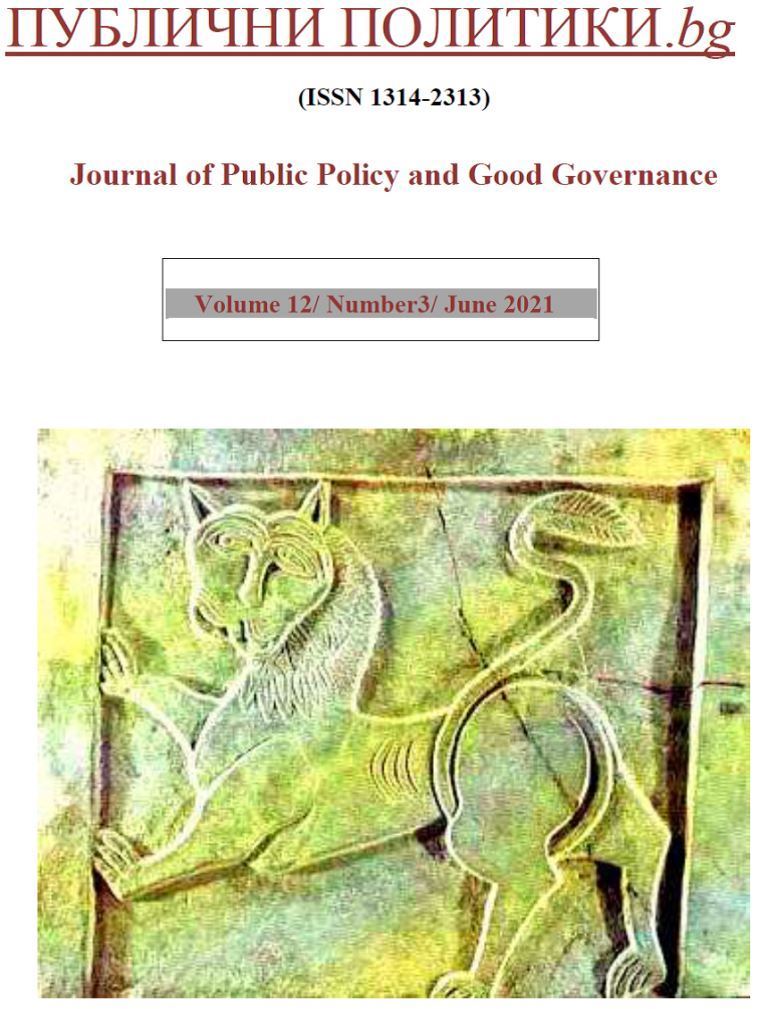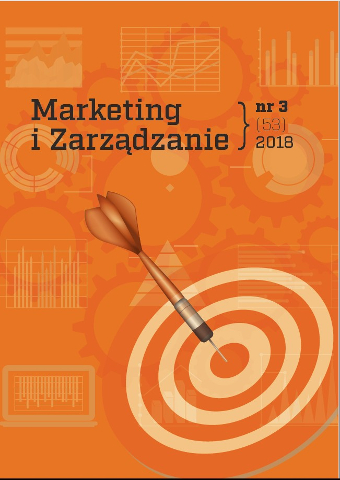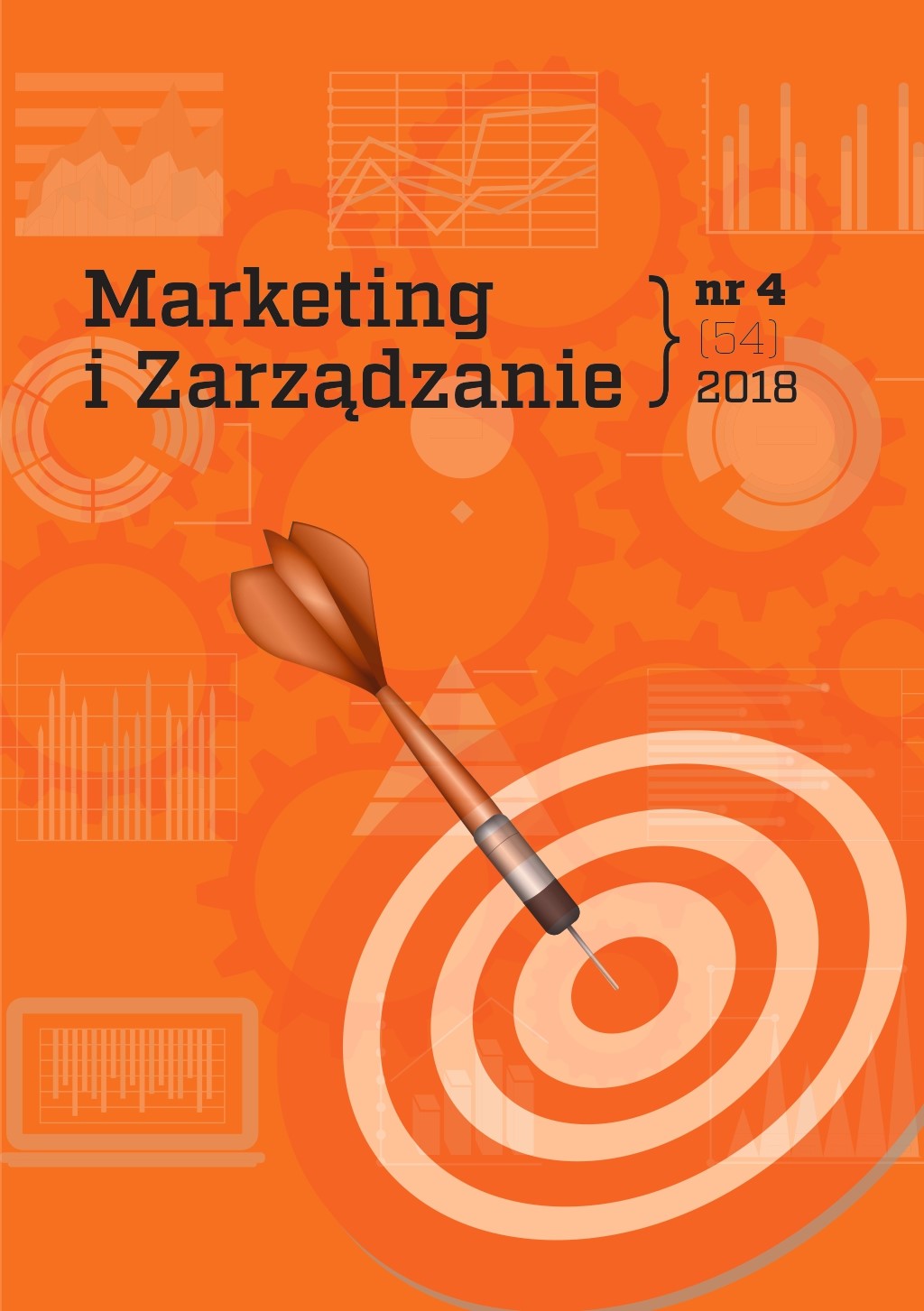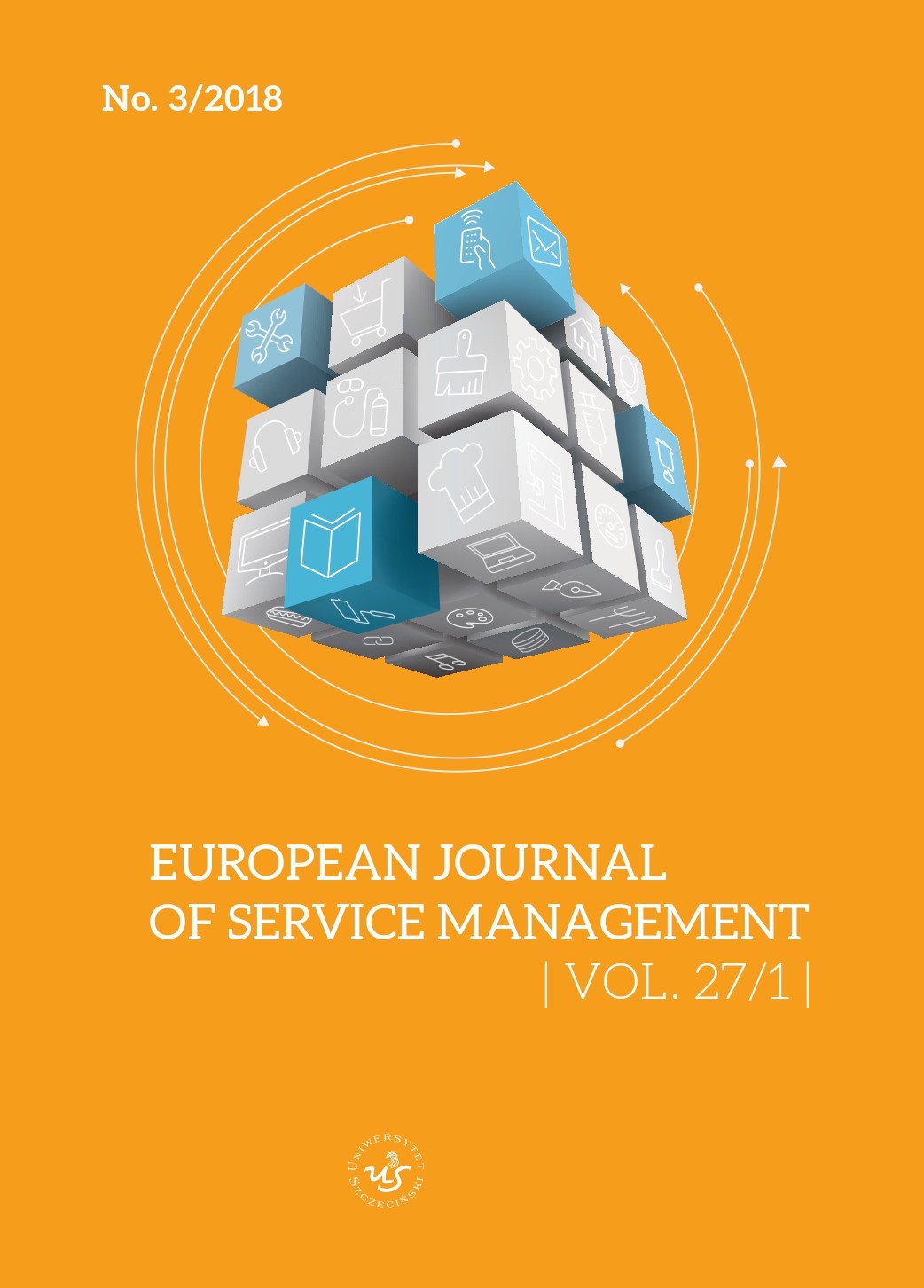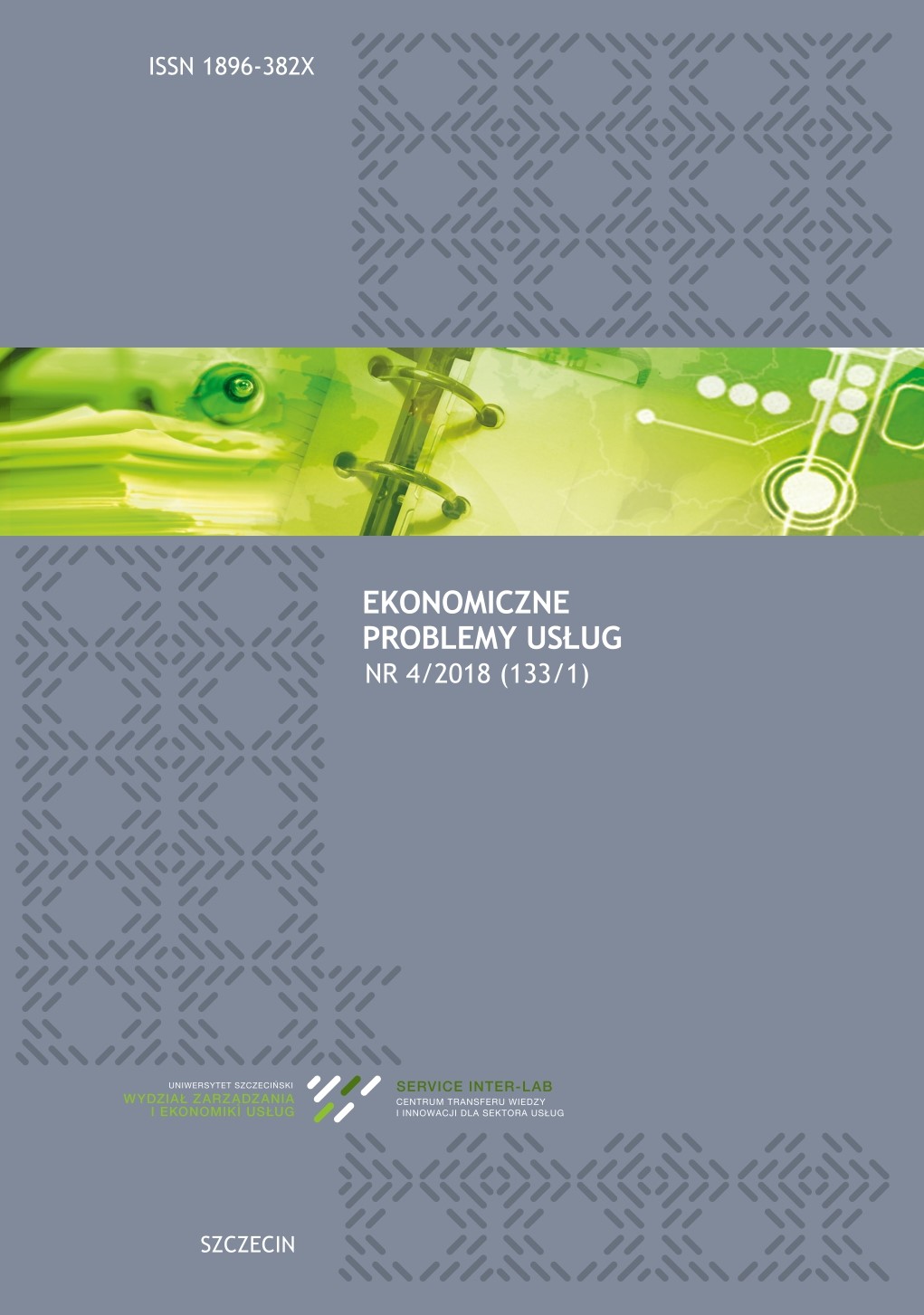
Analiza zmian poziomu zrównoważonego rozwoju powiatów w Polsce w latach 2006–2016
In Poland, the need to implement regional policy by local government units in accordance with sustainable development principles results directly from the rules of law. Taking into account specific environmental and economic conditions in individual regions, local authorities, having the right to give preference to different aspects of socio-economic development when creating regional strategies of regional development, are obliged to implement the concept of sustainable development in those strategies. The aim of the article is to specify the degree of changes in the level of sustainable development in individual districts in Poland in the years 2005-2016 in general and in the area of economic, environmental, social as well as institutional and political order.
More...
